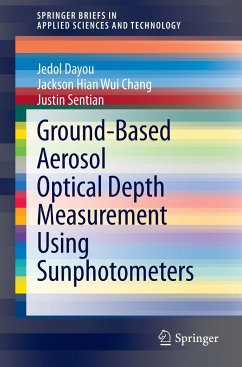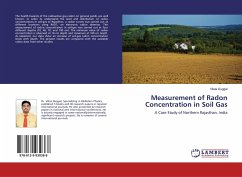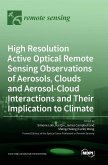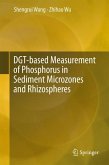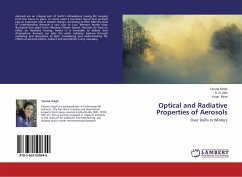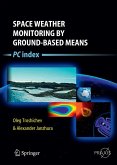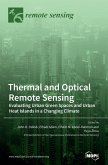This book gives a detailed review on ground-based aerosol optical depth measurement with emphasis on the calibration issue. The review is written in chronological sequence to render better comprehension on the evolution of the classical Langley calibration from the past to present. It not only compiles the existing calibration methods but also presents a novel calibration algorithm in Langley sun-photometry over low altitude sites which conventionally is a common practice performed at high observatory stations. The proposed algorithm avoids travelling to high altitudes for frequent calibration that is difficult both in logistics and financial prospects. We addressed the problem by combining clear-sky detection model and statistical filter to strictly imitate the ideal clear-sky condition at high altitude for measurements taken over low altitudes. In this way, the possible temporal atmospheric drifts, abundant aerosol loadings and short time interval cloud transits are properly constrained. We believe that this finding has an integral part of practicality and versatility in ground-based aerosol optical depth measurement, which is nowadays an important climate agent in many atmospheric studies. Finally, the outcome of this book introduces a new calibration technique for the study and measurement of aerosol monitoring with emphasis on aerosol optical depth that we believe could be very beneficial to researchers and scientists in the similar area.
Bitte wählen Sie Ihr Anliegen aus.
Rechnungen
Retourenschein anfordern
Bestellstatus
Storno

